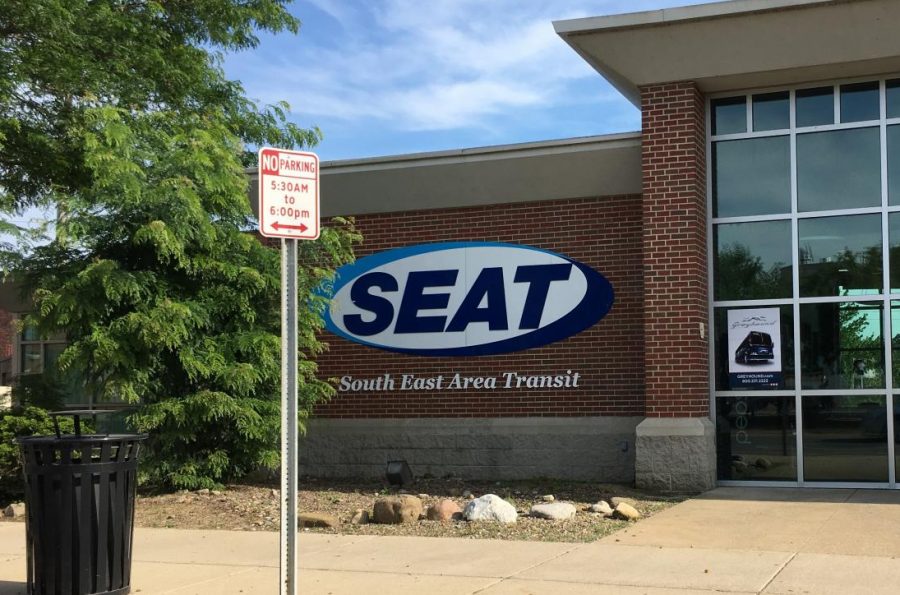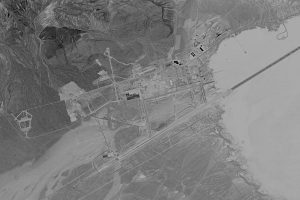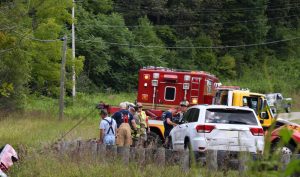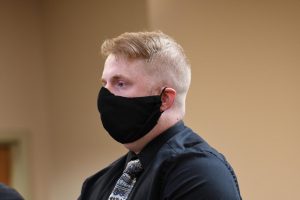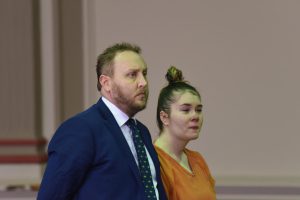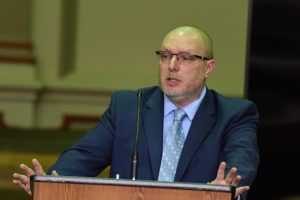SEAT moving toward technological advancement and regional growth
June 15, 2018
The wheels are turning in at South East Area Transit (SEAT) as the organization looks to grow and expand its services.
After years of massive debt, SEAT recently paid off what was owed and is ready to move forward as demand for its services increases with the help of a rural transit grant awarded by the Ohio Department of Transportation.
According to SEAT Operations Director Andrea Thompson, overall ridership is up 47% in 2018.
Given the increase in demand, SEAT recently implemented a same-day ride share service for riders to call and request a personal trip the day they need it, allowing for multiple people heading in the same direction to be driven together.
Soon, SEAT’s services will begin to utilize advancements in technology that make for a more user-friendly experience.
For example, within the next three months, riders will be able to send text messages to request a ride in addition to making phone calls through a new software update.
Starting in July, SEAT hopes to roll out a new electronic ticket program in which riders would load money onto their passes and scan them on the bus for rides.
““It is pretty slick,” said Transit Director Howard Stewart. “Down at the transit center, we’re looking at making a customer service window for the individuals responsible for that.”
SEAT hopes to eventually go paperless with the help of the ParaPass program.

Another software program SEAT will soon be implementing is a new route system technology, DoubleMap, which riders can use to track their bus in real time using GPS.
To teach riders how to use all the new technology that will soon be introduce, SEAT has hired a customer service and outreach coordinator who can walk customers through each service, step-by-step.
SEAT is also looking to take advantage of environmentally-friendly advancements through ODOT.
Stewart said SEAT is working with ODOT on applying for a grant that would bring two new hybrid buses to SEAT.
“Hybrids are self-charging, as they run, they charge their self, and they help with the fuel efficiency and the braking system of the bus,” said Stewart. “So, we think it’s a win-win for us as far as our environmental footprint.”
In addition to new software and technology, SEAT aims to expand its services within the counties it already serves (Muskingum, Guernsey and recently Noble), as well adding a few new counties to its name.
“The state is moving towards regionalization, so we’re trying to position ourselves so that we are in several counties,” said Stewart. “Quite frankly, we want to be the big dog.”
In May, SEAT began providing rides in Noble County. Eventually, SEAT would like to add a full-service route within the county.
Additionally, within the next few years, SEAT also aims to do the same in Coshocton and Tuscarawas Counties.
“It’s all about serving the individuals that need transportation,” said Stewart.

